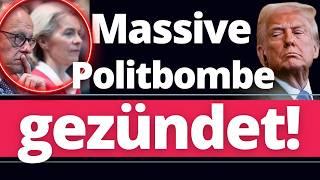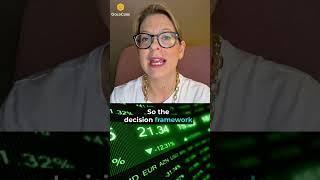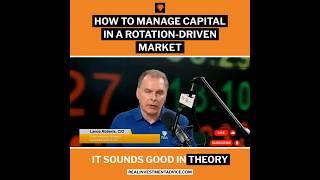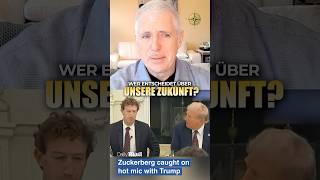| The Triffin’s Paradox is a theory that when a national currency also serves as an international reserve currency, there could be conflicts of interest between short-term domestic and long-term international economic objectives. This dilemma was first identified by Belgian-American economist Robert Triffin in the 1960s, who pointed out that the country whose currency foreign nations wish to hold (the global reserve currency) must be willing to supply the world with an extra supply of its currency to fulfill world demand for this ‘reserve’ currency (foreign exchange reserves) and thus cause a trade deficit. The use of a national currency (i.e. the U.S. dollar) as global reserve currency leads to a tension between national monetary policy and global monetary policy. This is reflected in fundamental imbalances in the balance of payments, specifically the current account.
The US Council on Foreign Relations aptly describes why Triffin’s dilemma becomes unsustainable: “To supply the world’s risk-free asset, the center country must run a current account deficit and in doing so become ever more indebted to foreigners, until the risk-free asset that it issues ceases to be risk free. Precisely because the world is happy to have a dependable asset to hold as a store of value, it will buy so much of that asset that its issuer will become unsustainably burdened.” Gordon T Long and Charles Hugh Smith discuss in detail the Triffin Paradox as well as how free money from the Federal Reserve has resulted in the erosion of the Rule of Law. In fact the Federal Reserve has unwittingly become the world’s largest money-laundering machine as it continues to fulfill the needs for more global US Dollars, which is central to the Triffin Paradox. |
Tags:







































